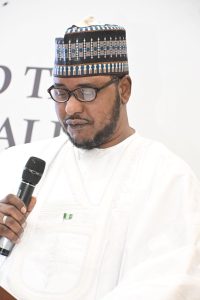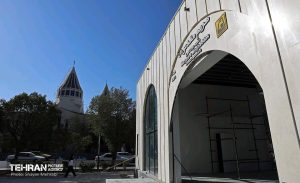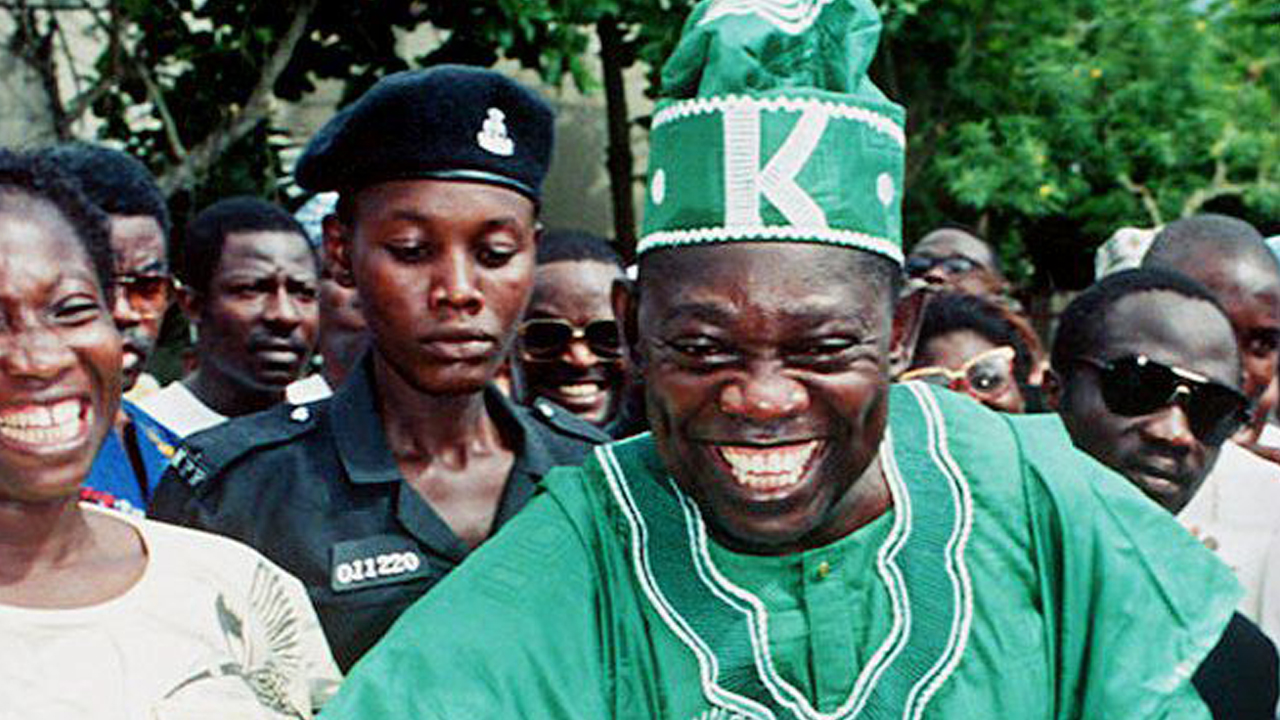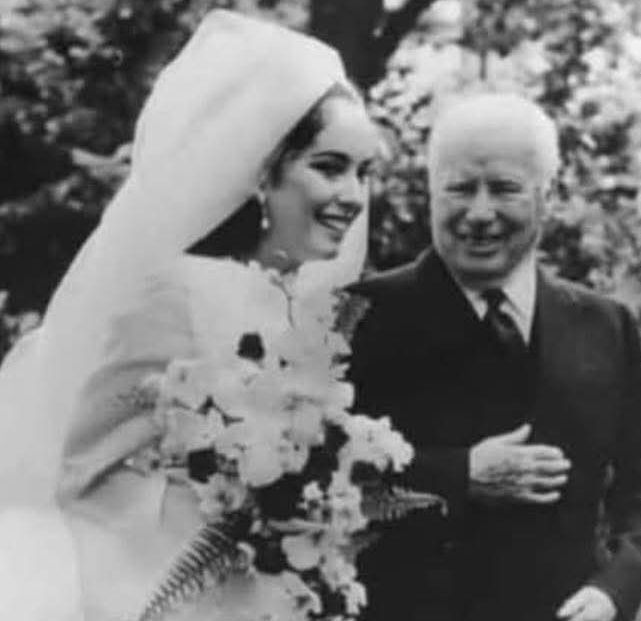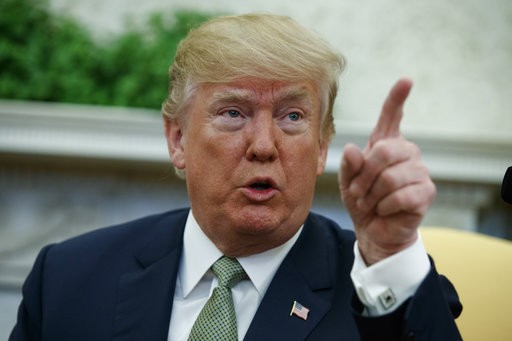
The Relevance of June 12 Elections to Present Nigeria’s Politics and Democracy.
According to Nigerian politicians, “the breaking up of Nigeria into a number of sovereign states would not only do permanent damage to the reputation of contemporary Nigerian leaders but would also usher in terrible and agonizing disasters which would bedevil us and many generations to come.”
Chief Obafemi Awolowo’s stern and daring warning to Nigerians as far back as August 1966, shortly after his release from 10 years imprisonment on the phantom charges of treasonable felony and conspiracy to overthrow Alhaji Tafawa Balewa federal government in the First Republic.
READ: What keeps a man in a relationship is not sex? Read, this could save your marriage
The historic June 12 event as a landmark political watershed in the annals of the country’s chequered political and electoral history should be observed in deep sober reflection to see Nigeria’s problem in its proper perspective.
Hence the need for a painful and realistic reappraisal of Nigeria’s demography as per the linguistic and ethnic compositions in the country, with a view to remedying the past injustices, inequity, and wrongness of obtuse, purblind, and inept political leadership saddled as fait accompli on the country since independence.

The one thing Nigeria political leaders want
Over 250 ethnic groups in the country, ten (10) of them are identified as principal or major. However, for this article, three of them are pertinent for mention as follows: Hausa 5.6 million; Yoruba 12.8 million, Igbo 7.7 million, and Fulani 3.1 million.
It is instructive to note that the Fulanis who are in the minority, do not at all occupy a continuous territory or contiguous territories to the exclusion of their hosts, the Hausa for the Fulanis live a pastoral life. They migrated and roamed around from their homeland in Futa Toro in the present Sene-Gambia in Sub-West Africa.READ: THE GOOD, BAD AND UGLY- Different African Tribal Marks And Their Meanings
The success of Jihad revolution of 1908, led by a Fulani Muslim cleric, Uthman dan Fodio, was a dramatic climax in the expansionist conquest to overrun Northern Nigeria.
The Hausa (Habe) ruling class was overthrown. Feudalism and Fulani hegemony were installed as the order of the day to fully exploit, oppress and repress the Hausa in the majority under the pretext of evangelizing the ‘heathen’ Habe ruling class.
Having overthrown the existing ruling class the Fulani imperialists vowed to dip Quar’an to the sea that the political conquest of Southern Nigeria was imminent and as sure as day follows the night. What an arrant nonsense, a mid-night summer dream and gratuitous affront on the intelligence of the more advanced enlightened, educated, and articulate Yoruba and Igbo ethnic extractions.
Nigeria's sentimental democracy.
DO YOU HAVE ANYTHING YOU WANT TO TELL US ABOUT NIGERIA? CLICK HERE TO JOIN ESSENCE FORUM AND SHARE YOUR TOPICS WITH OVER 4000 MEMBERS.
WATCH MORE NEWS ON OUR YOUTUBE CHANNEL CLICK HERE TO SUBSCRIBE
Discover more from TOKTOK9JA MEDIA
Subscribe to get the latest posts sent to your email.

